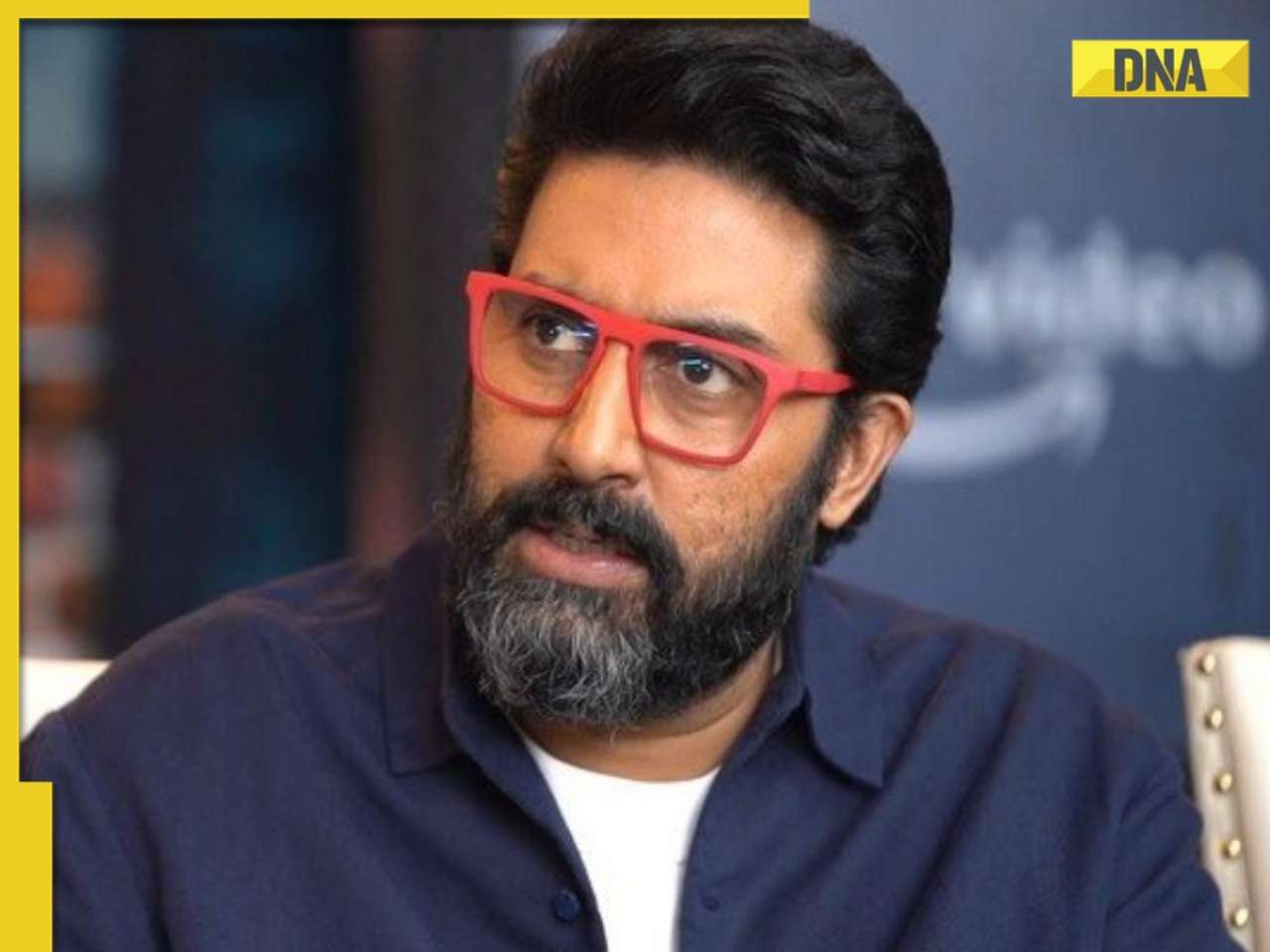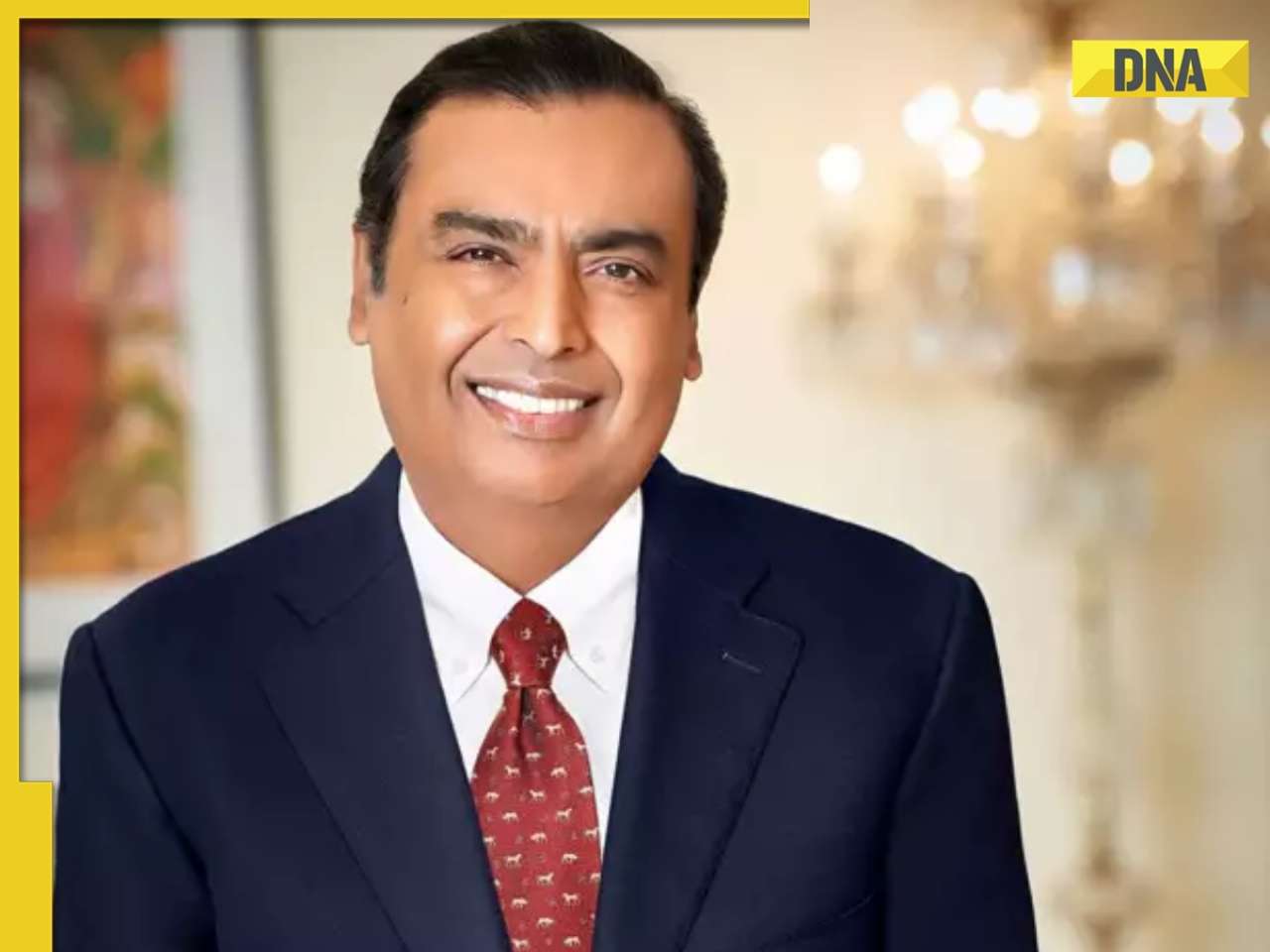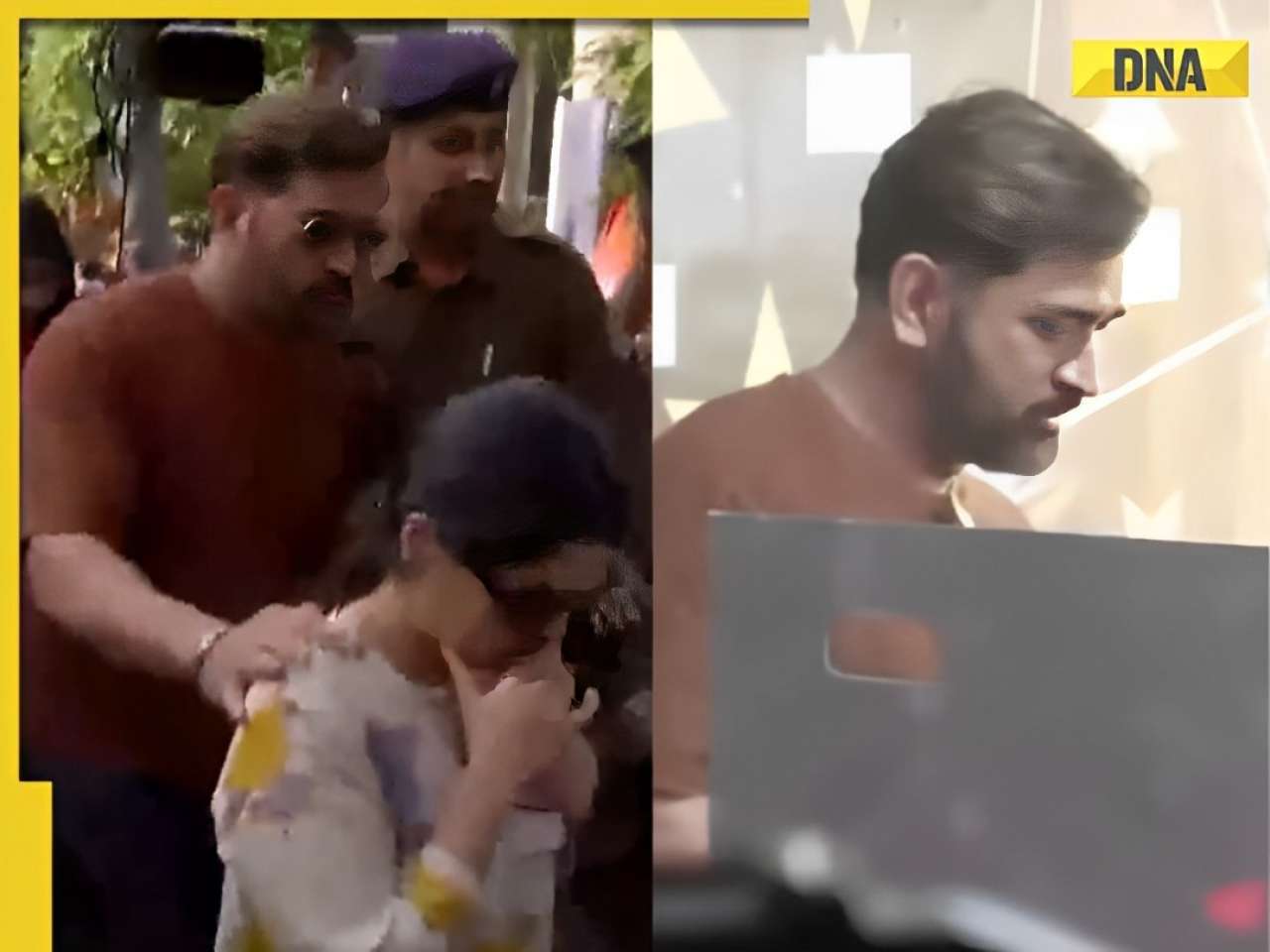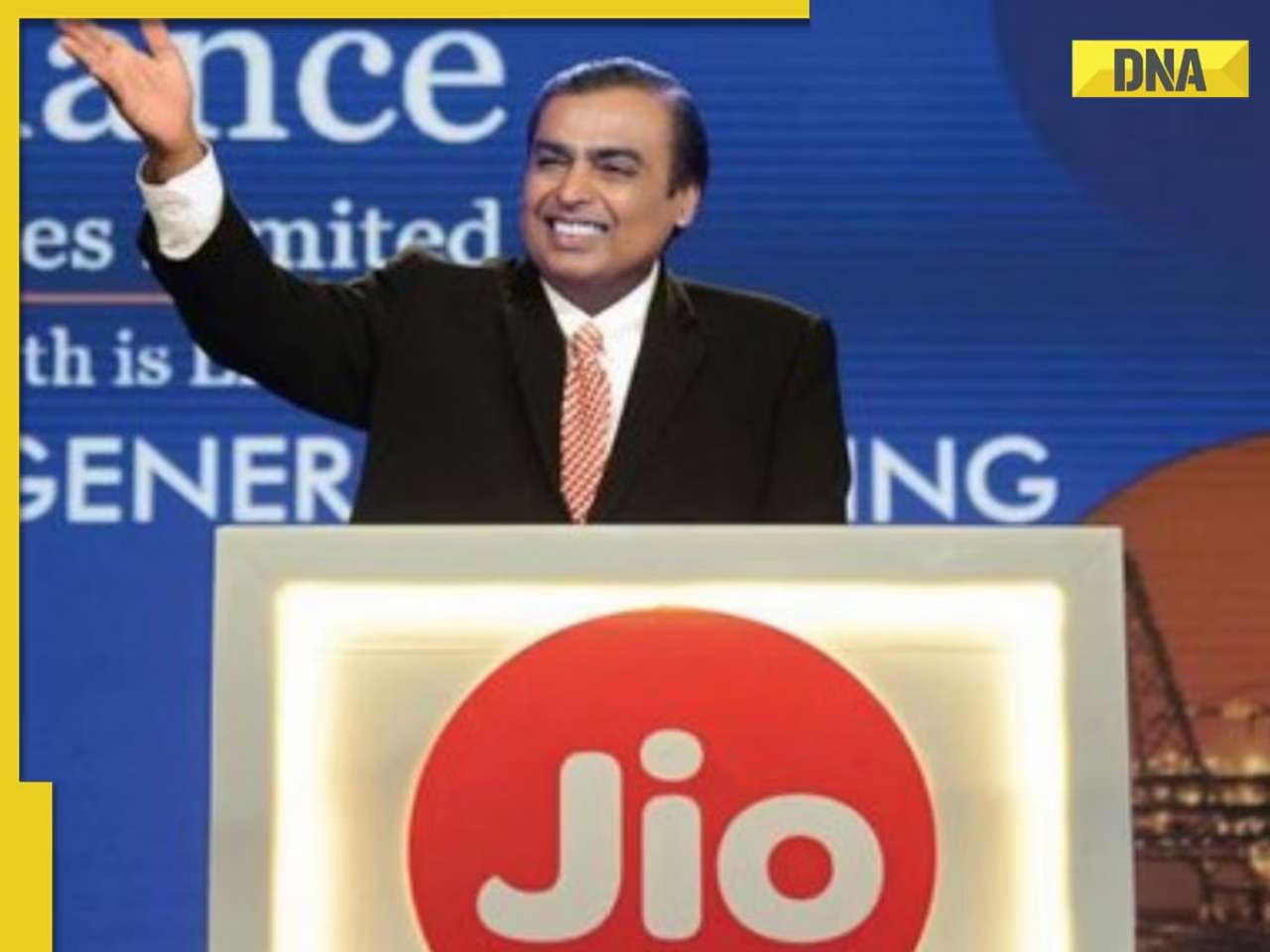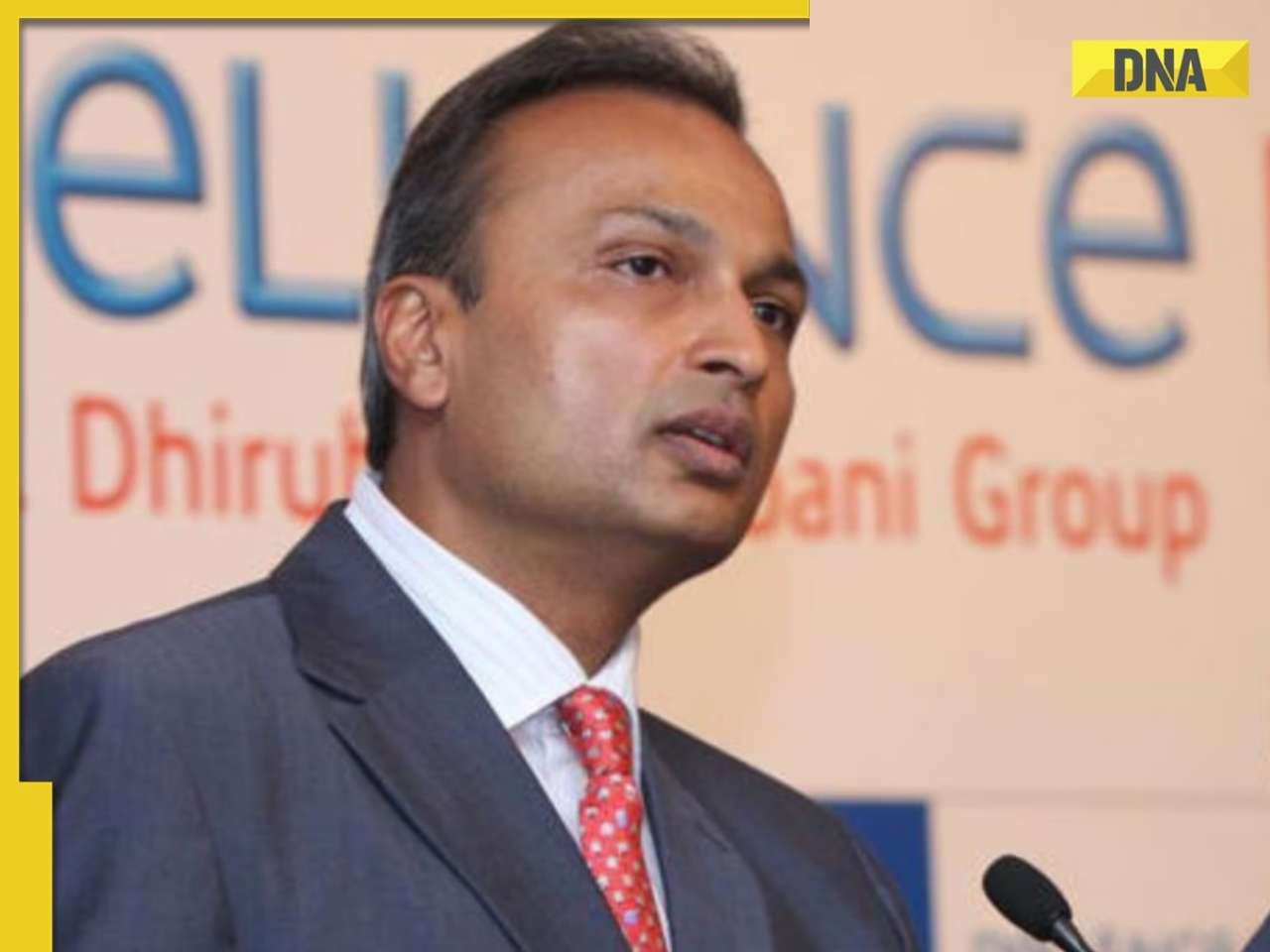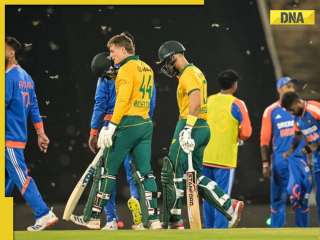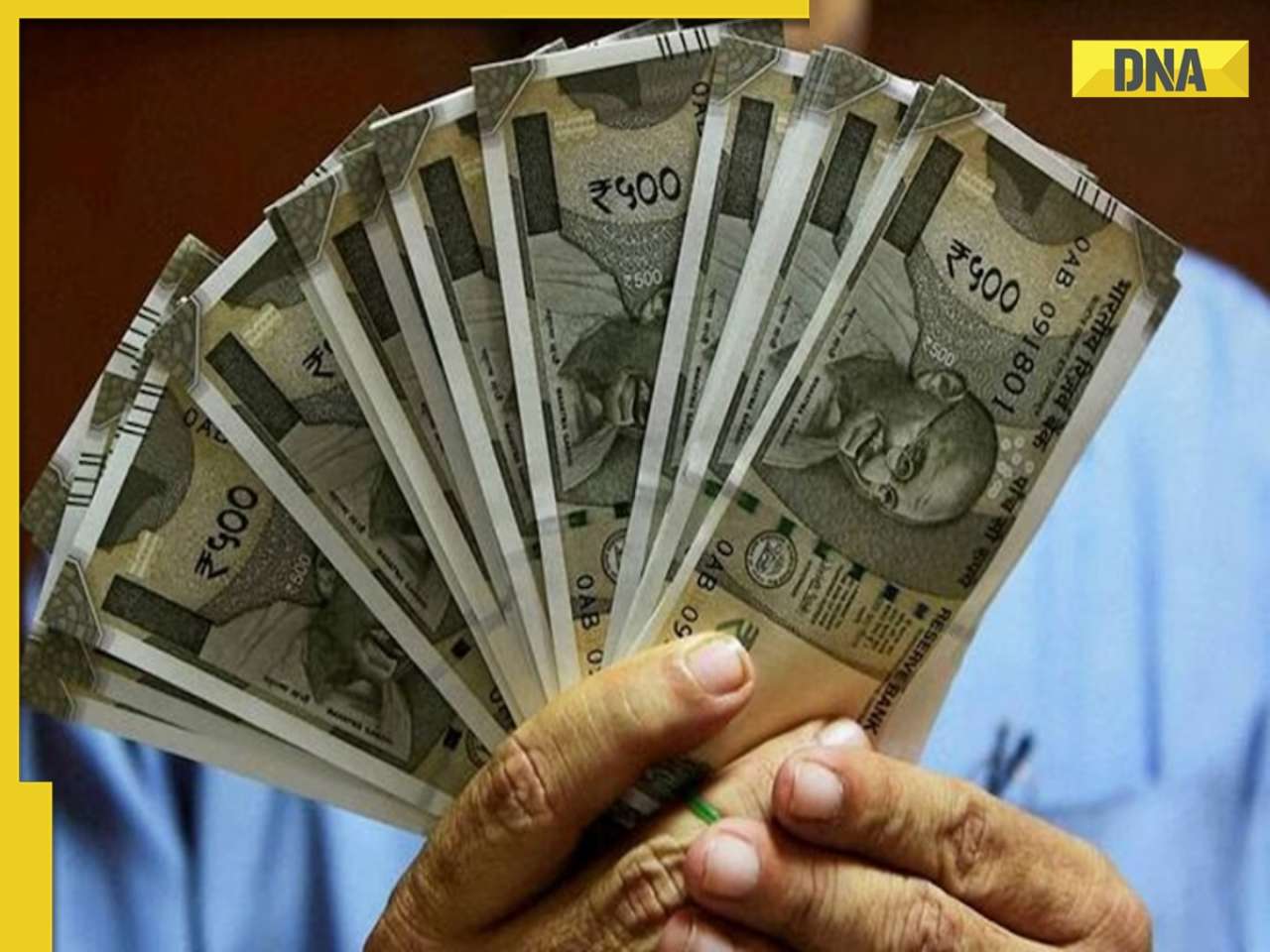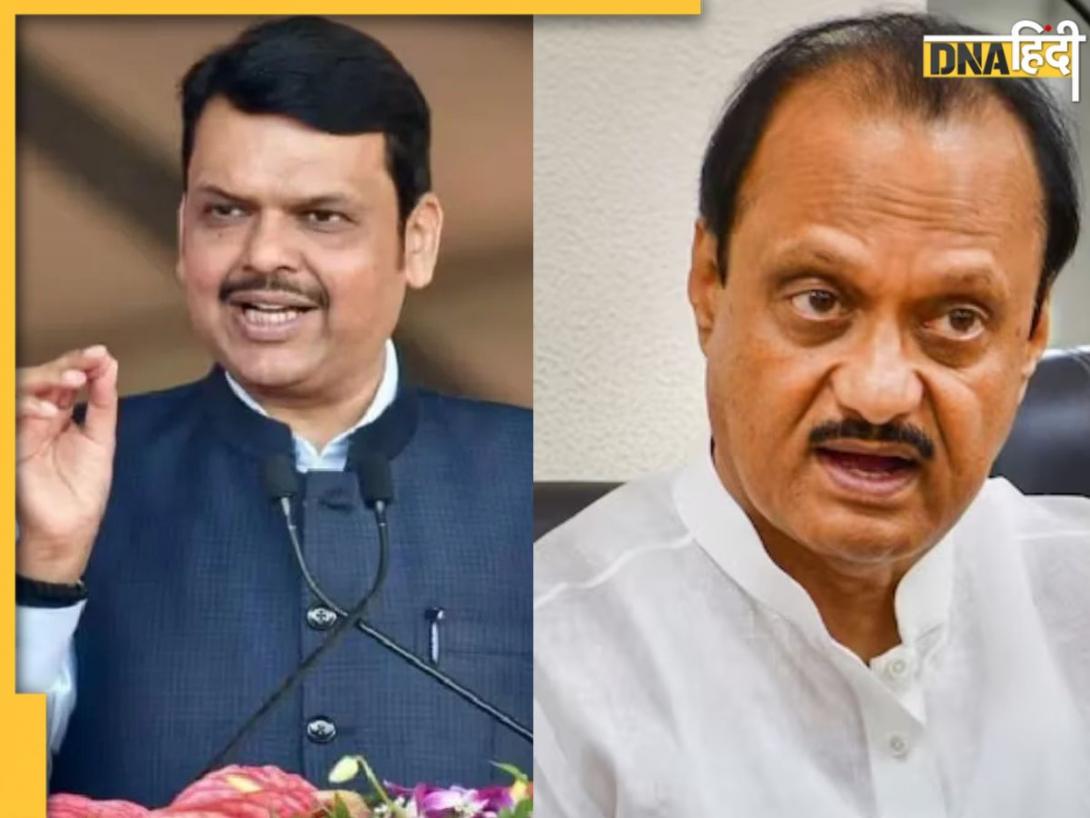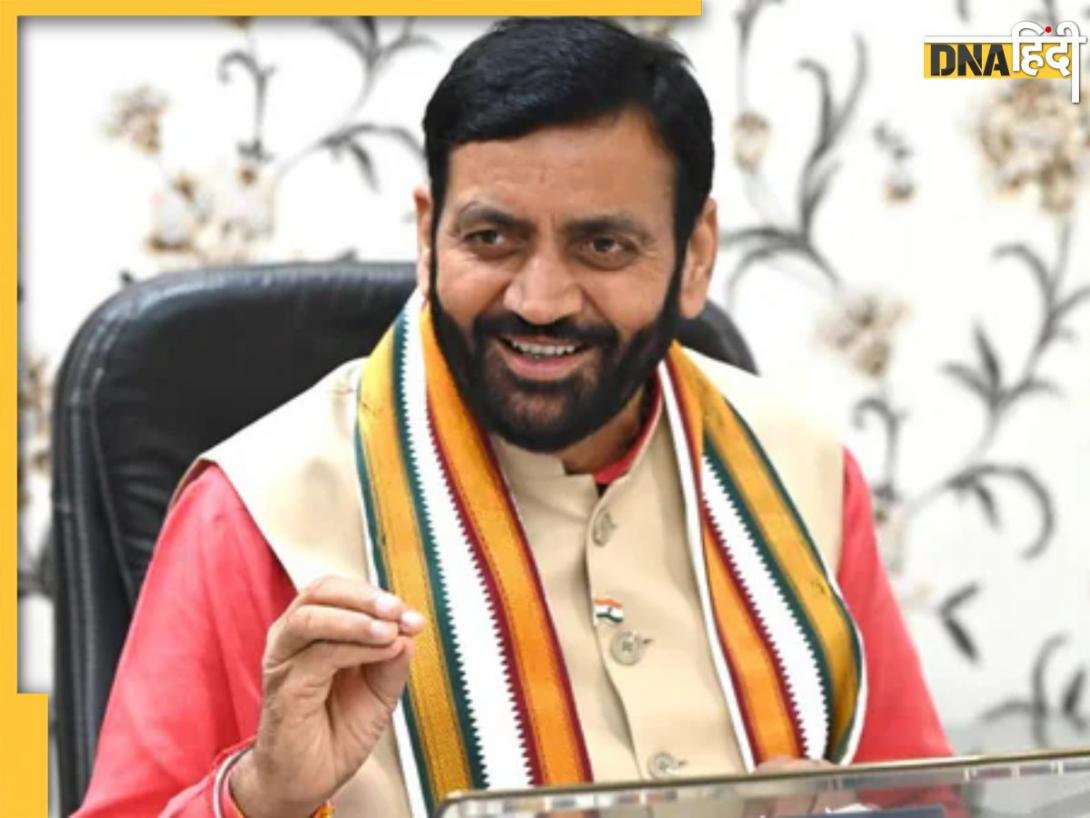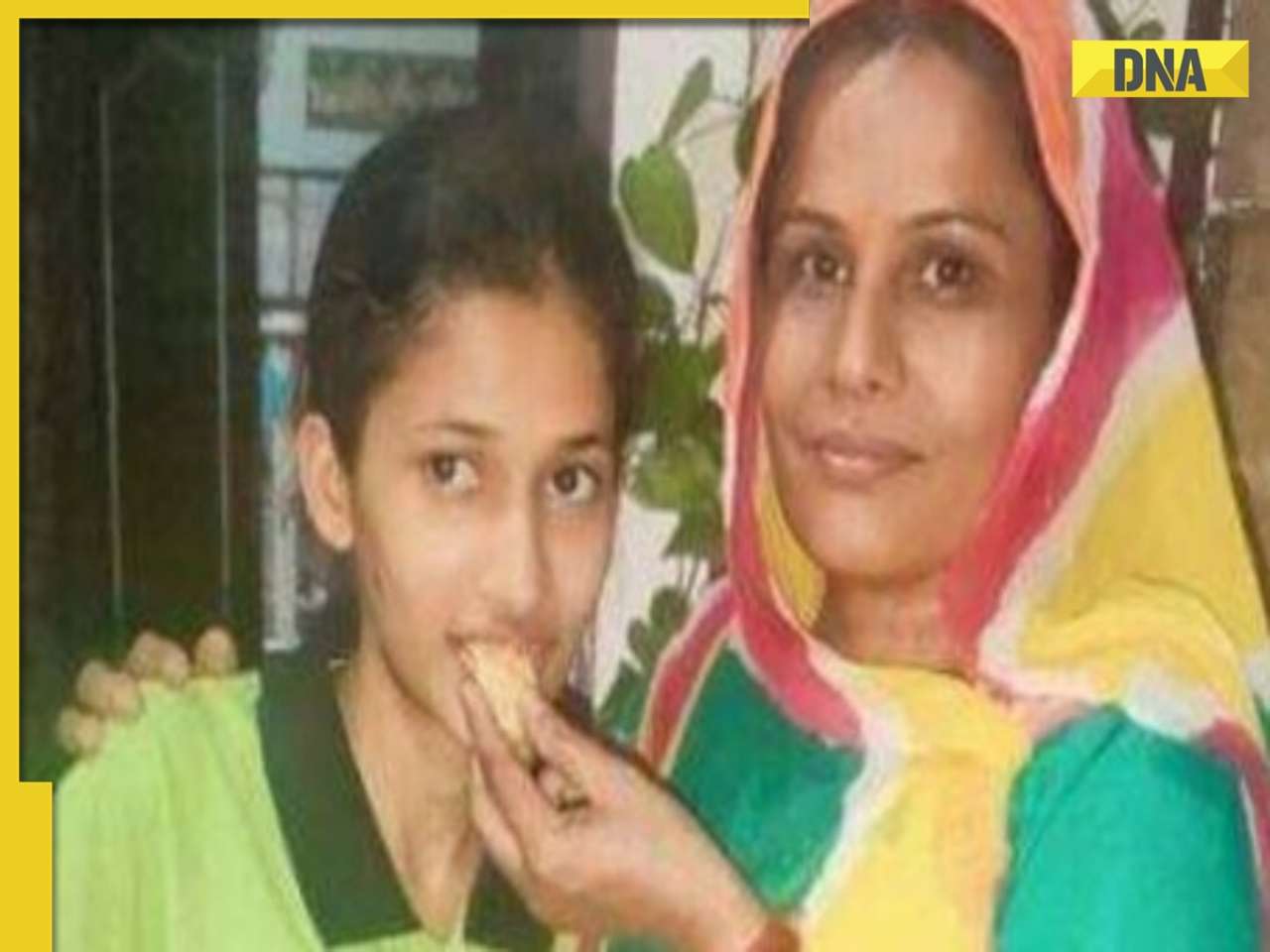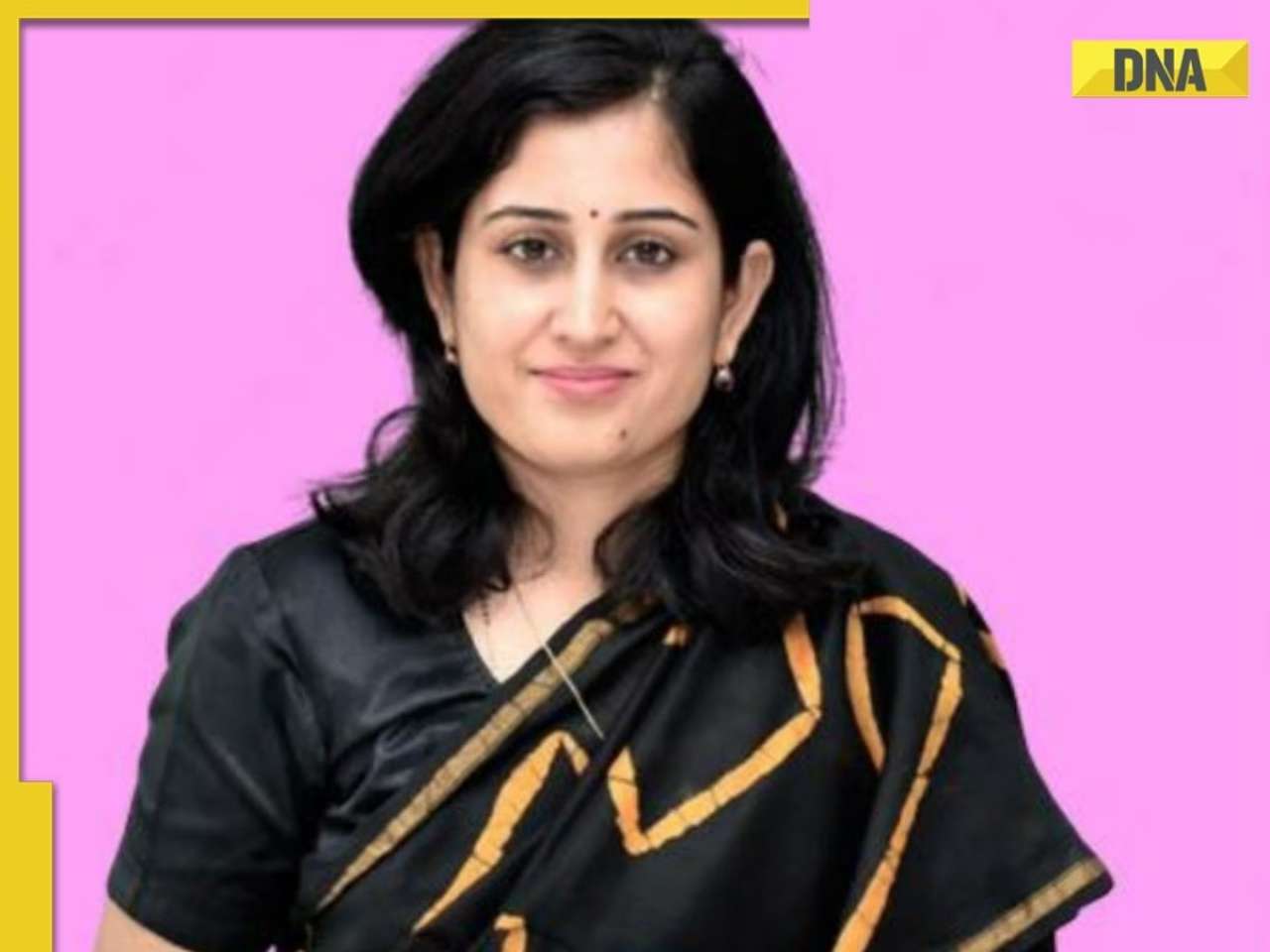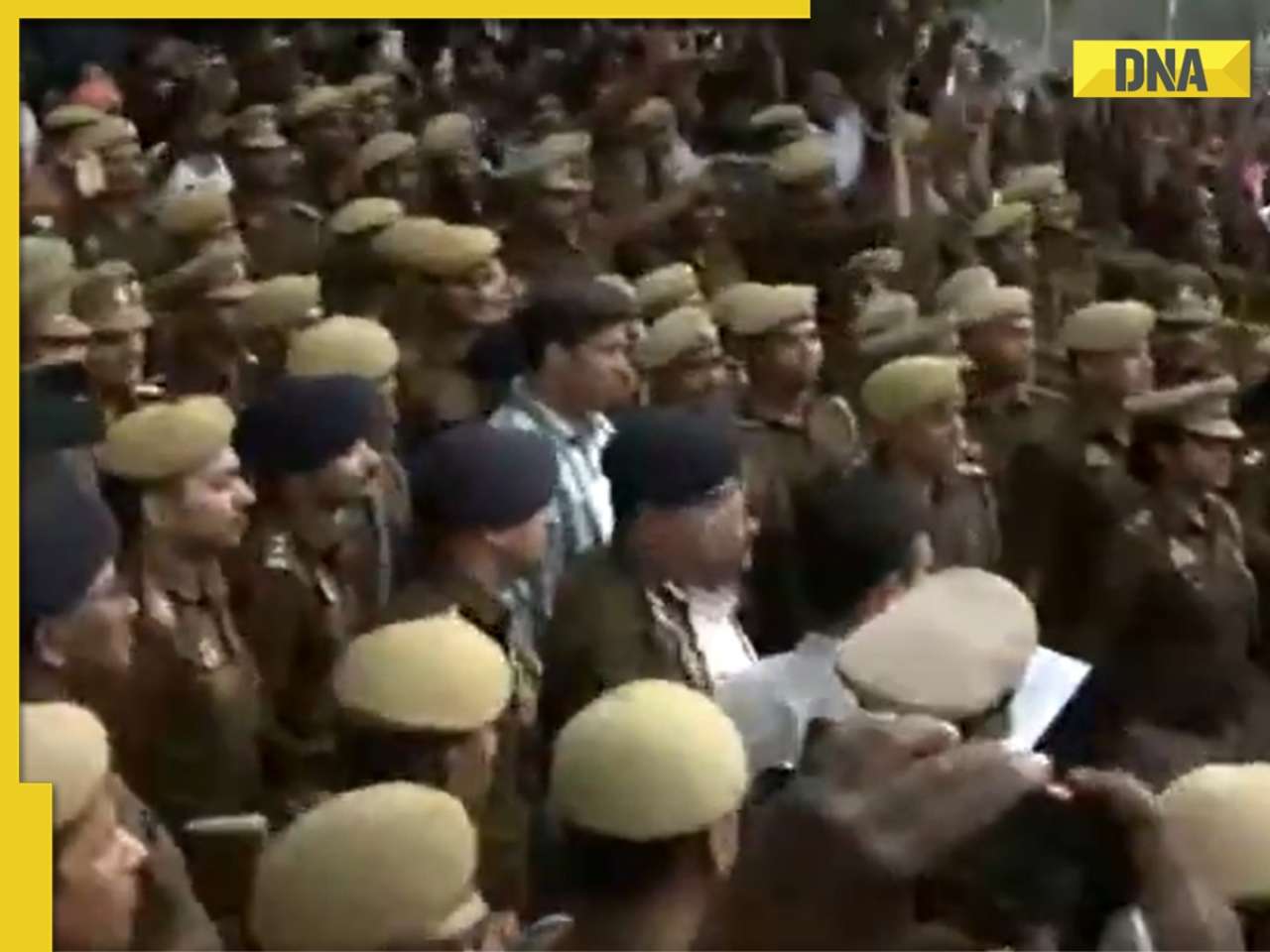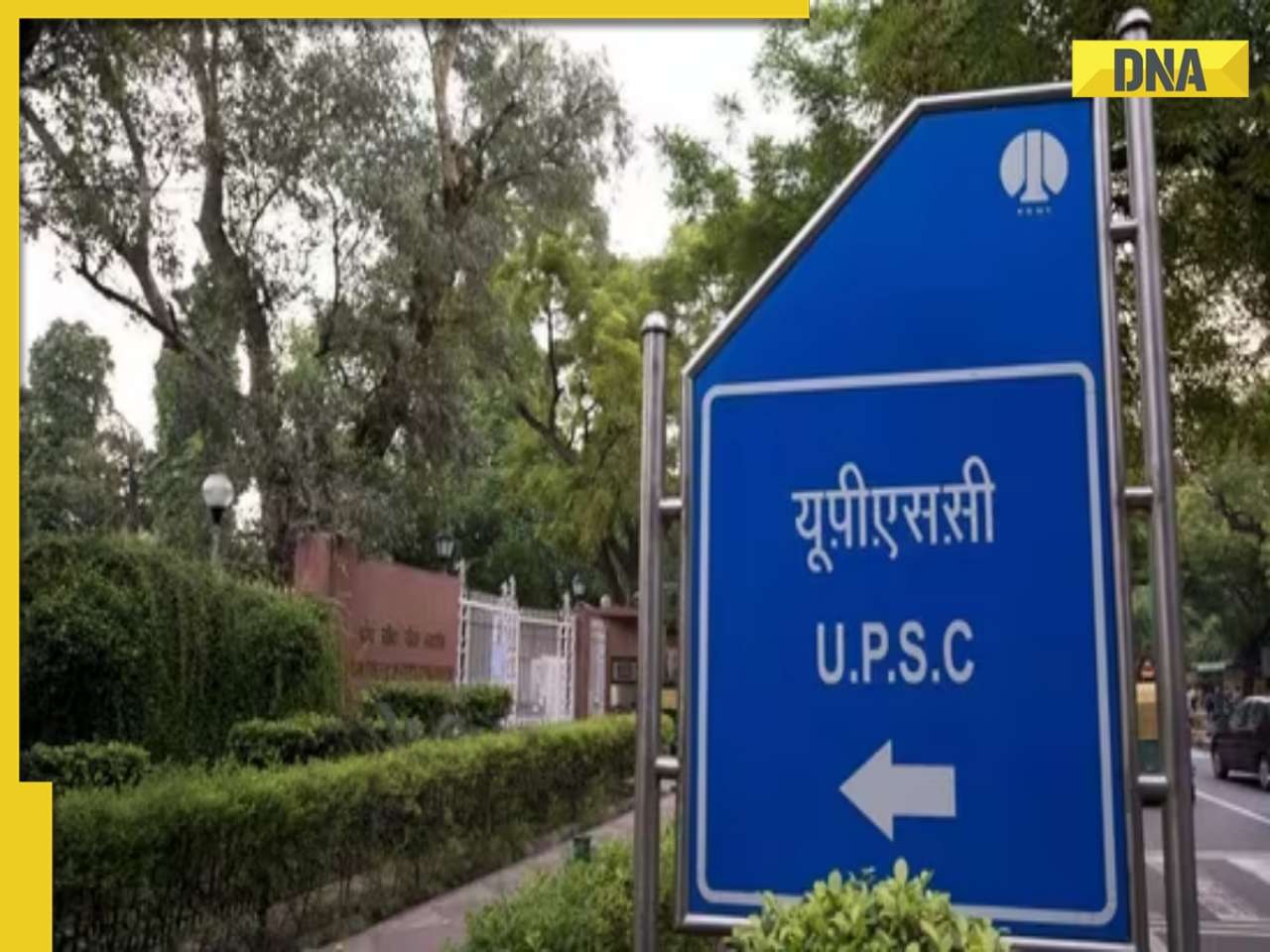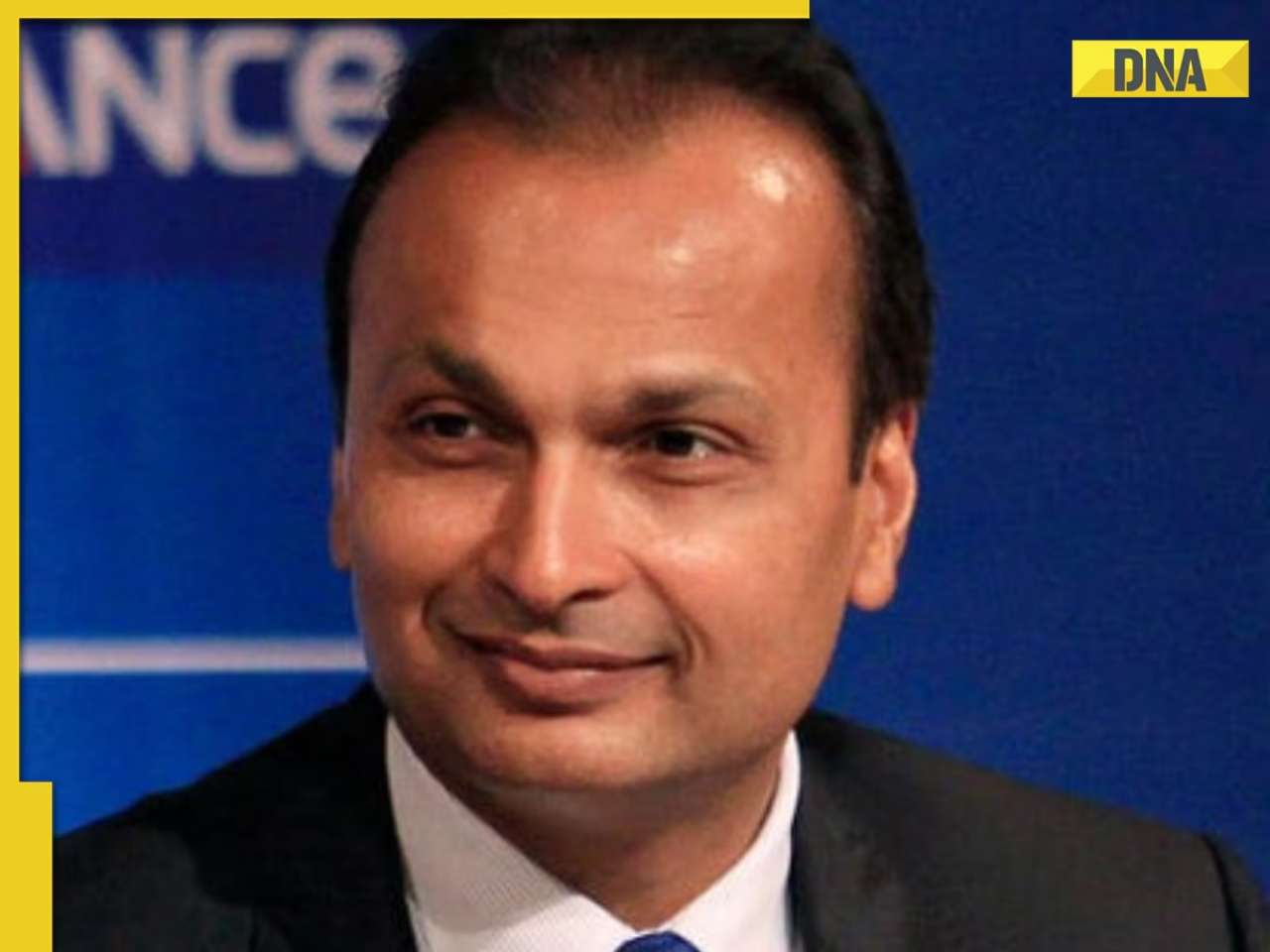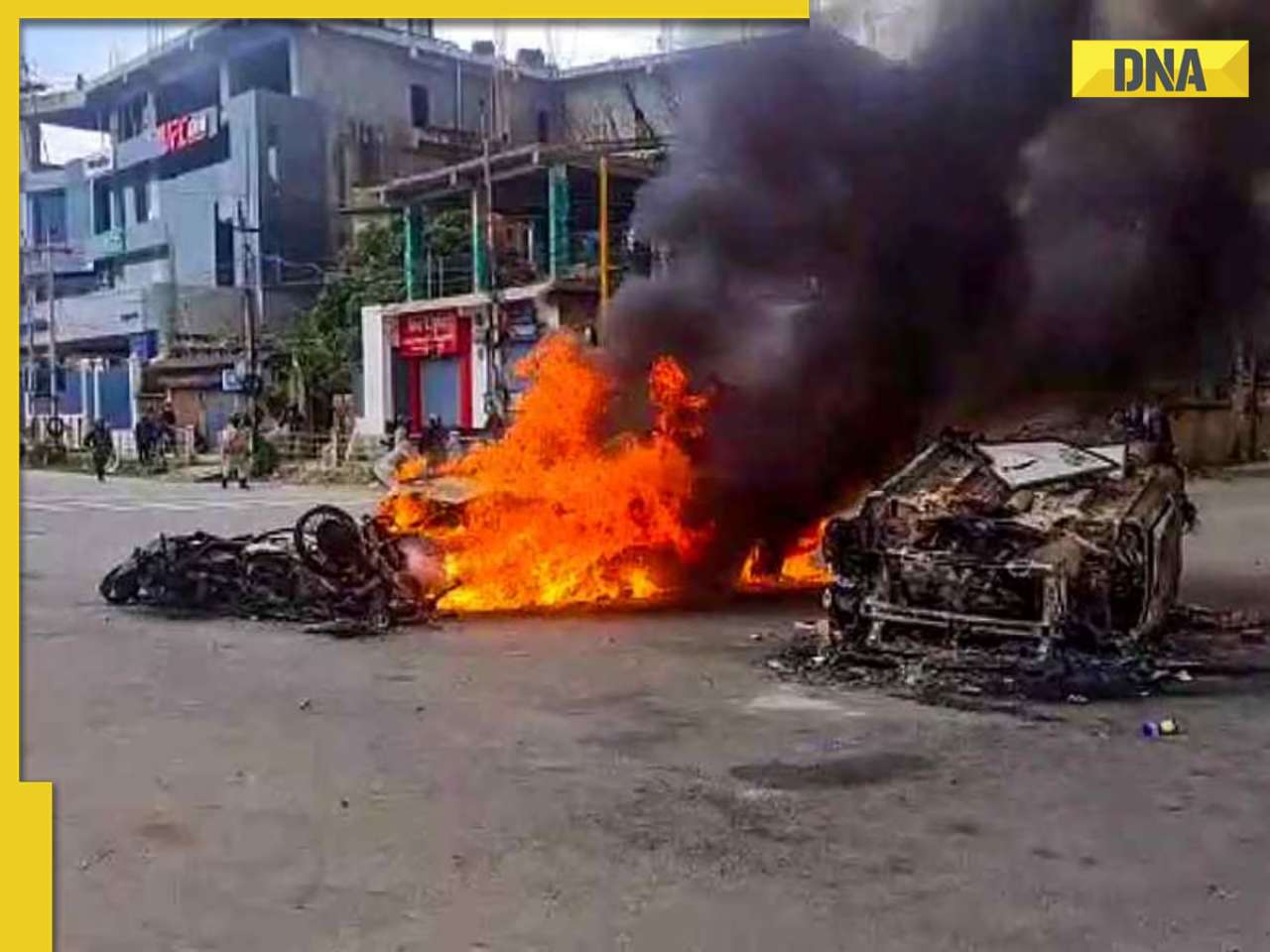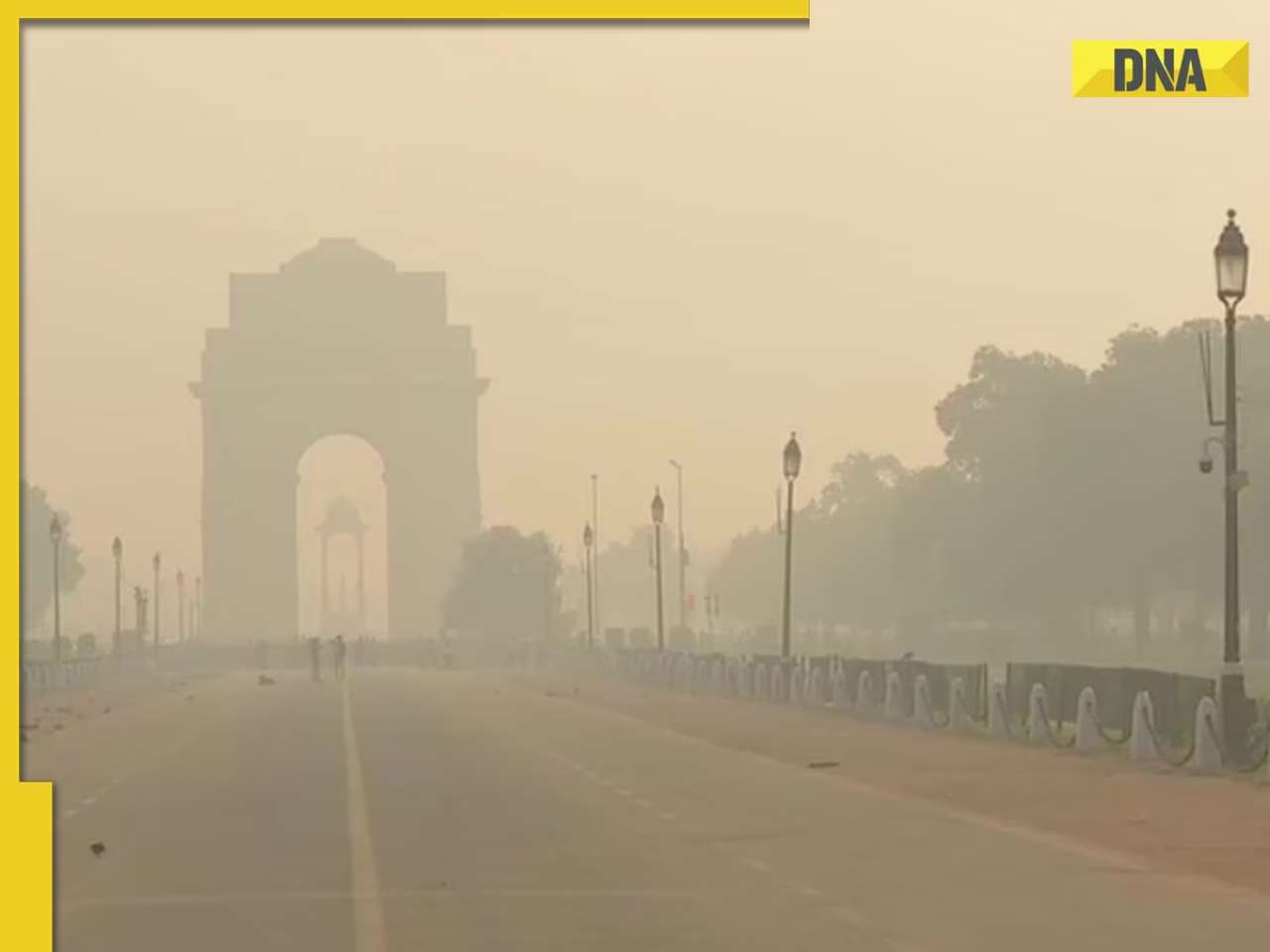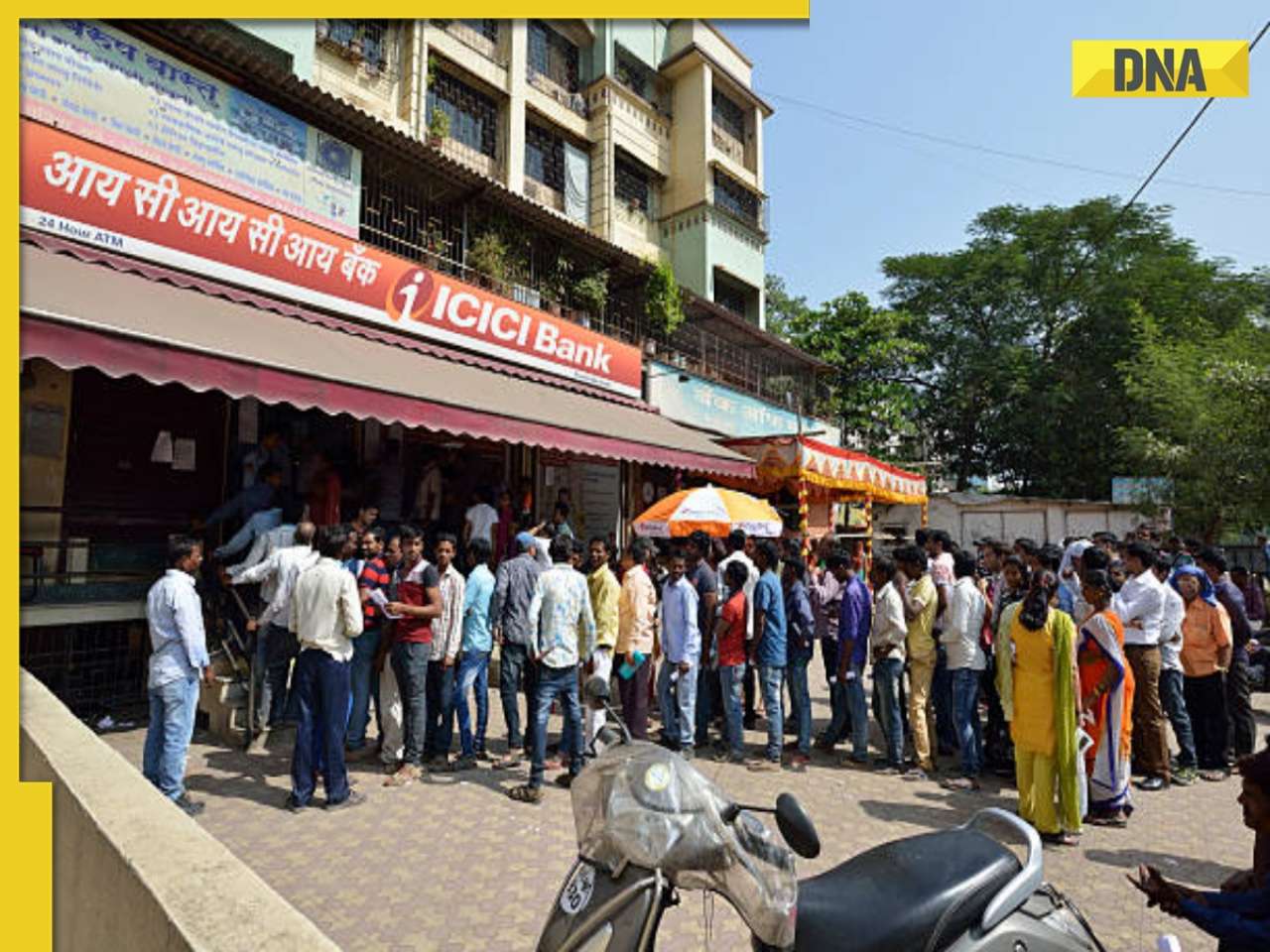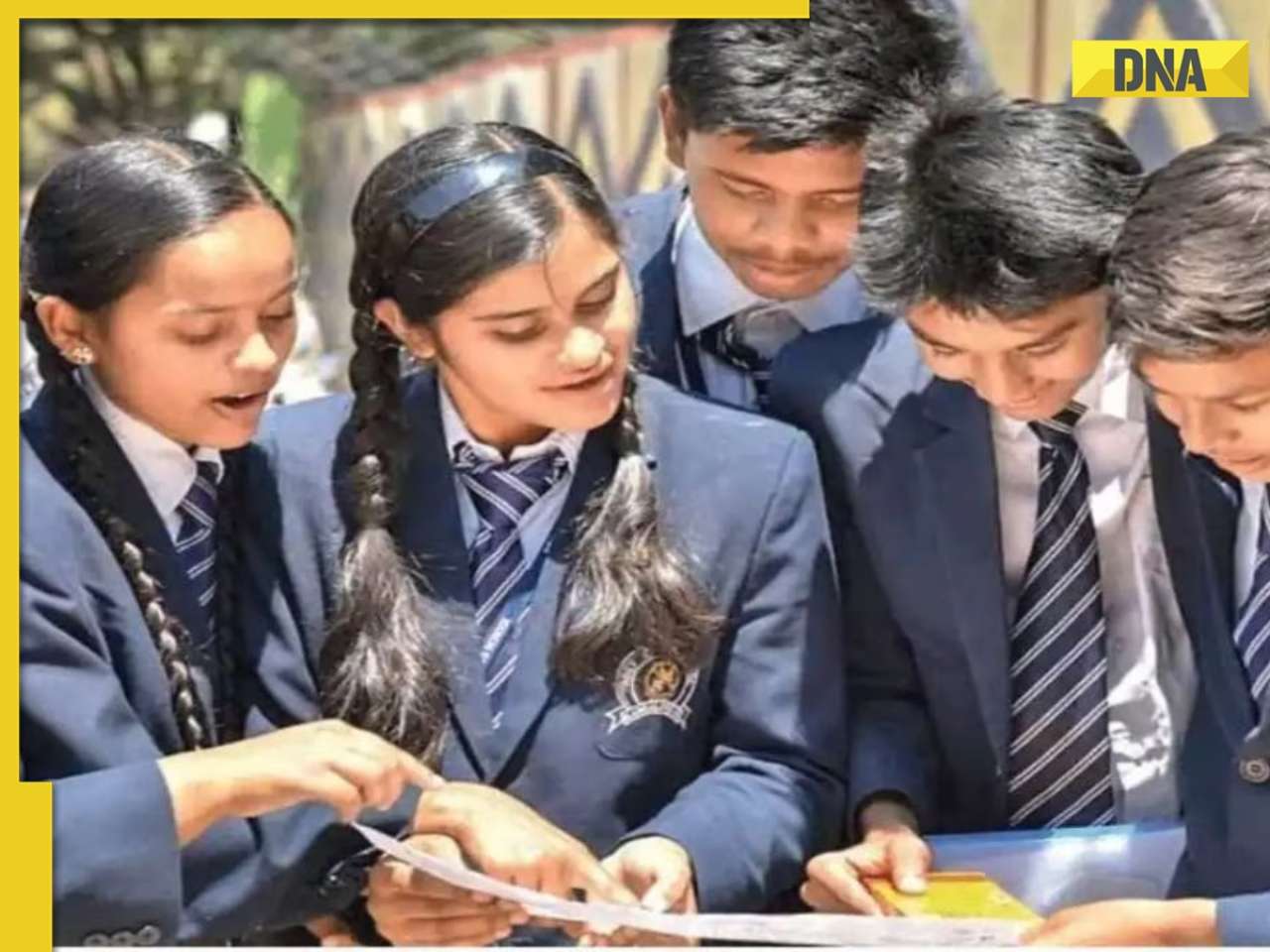- LATEST
- WEBSTORY
- TRENDING
ANALYSIS
Women in South Asia: Looking back at 2013, and ahead to 2014
Swarna Rajagopalan takes a look at the events that shaped women's rights and gender issues in South Asia in the last year, and what changes and developments we might see in the new year
TRENDING NOW
The pace of change seems to pick up with every passing moment. Years spin by, and we can scarcely keep track of what has shifted in our world.
What has 2013 been like for women in this part of the world?
In India, the image we will all carry forward from 2013 is undoubtedly drawn from the protests after the December 2012 gang-rape in New Delhi. They brought to a head decades of women’s activism around sexual violence, and brought sexual and gender-based violence into everyday conversation in a way none of us had managed to achieve before. The work of the Justice Verma Commission – and the way the commission worked – lent new hope that maybe India could yet turn around what appeared to be a rising tide of violence against women.
The passage of the Criminal Law (Amendment) Act of 2013 and the Sexual Harassment of Women at Workplace (Prevention, Prohibition and Redressal) Act, 2013 spoke to the Indian middle class’ faith in legal solutions to social problems. High-profile incidents of sexual violence and allegations of sexual harassment have opened up conversations about legal compliance that were hard to initiate just a year or two ago. Sometimes, it is difficult to grasp that so much seems to have changed in one year.
The protests in India were mirrored in Nepal by Occupy Baluwatar. The youth-led movement took up five unresolved cases of violence against women, seeking to go beyond advocacy to create a sense of urgency in society and among the political leadership around this issue.
In 2010, the International Crimes Tribunal (ICT) was set up by the Bangladesh government to try individuals and organizations that had committed war crimes in the course of the 1971 war of independence. For almost a year, in 1971, stories of army massacres and widespread sexual violence came out of East Pakistan along with the thousands of refugees that poured across borders. There are many controversial aspects to the ICT’s work and verdicts, including the question of partisanship and the award of capital punishment to one of the accused. What is truly significant for all of us, though, is that it is South Asia’s first official acknowledgment that justice for what happens during war is also important and must be delivered, however late.
The Maldives witnessed a political transition, with the completion of an election process that reaffirmed those the February 2012 coup brought to power. Women were active in protesting the coup, as they had been in the democratisation campaign that brought the Maldivian Democratic Party to power. The new government is likely to back conservative elements, and this means women in this traditionally matriarchal and liberal society will have to contend with moral policing, a shrinking of the public space and increased levels of violence.
In Sri Lanka, questions about accountability for actions during the last months of the civil war remain unanswered. This is unlikely to change in the present political climate, and the militarization of the north and east are only going to limit the access and mobility of women more, while typically creating a climate where violence is normal. As UN High Commissioner for Human Rights, Navanethem Pillay, said in her parting observations, “…although the fighting is over, the suffering is not.” And they are likely to increase with militarization and the unresolved humanitarian issues of the last round of war.
2013 was the year the example of Malala Yousafzai underscored to the world how different kinds of extremism are depriving girls of basic human rights like security, education and health. Even as the diplomatic world debates itself on the pros and cons of negotiating with the Taliban – and those who think like them in other settings – the question women in Afghanistan and Pakistan are taking into the new year is whether their rights and safety will ever matter in the world of realpolitik.
What might 2014 hold?
This is the question women in Afghanistan most want answered. With the prospects of a US withdrawal and a deal with the Taliban, the hard-won gains of the last ten years look imperilled. Elections are also scheduled for this year. Already, in recent years, mounting insecurity has effectively curtailed women’s ability to leave their homes and avail of basic services – let alone their political rights. Those who took great risks during the Taliban years to continue their work as professionals, human rights activists or development workers, have since been working in the public arena, and their names and addresses are now familiar. What will happen to them if this power transition happens? And if these prominent activists are at grave risk, is there any hope for the young schoolgirl in rural Afghanistan who may not be able to finish her schooling or the battered young bride who cannot seek access to justice?
Pakistan too must have similar questions in the shadow of a changed Afghanistan. The hyphenation of their fates is new, but not their symbiotic history. The changes that follow will also have consequences for Pakistan’s women, especially in border and conflict areas. Indeed, what happens in Afghanistan in 2014 will be important to most of us in this region.
For India, 2014 brings the prospect of elections. It would be truly wonderful if the Indian women’s movement is able to organise itself to put women’s rights (and not just safety) and gender issues on the election agenda in a very serious way. This could take the form of pressing for women candidates; building their capacity (although we abandon men to their incompetence quite charitably); raising funds and campaigning actively for women who share feminist values and working the media to frame election debates to take cognizance of gender. When we force candidates to speak up on gender, can we teach them well enough, so that they do not speak about “protecting our women” but about “sharing work and sharing freedom”?
Bangladesh is also looking forward to elections in 2014, and what changes that will bring for the work of the ICT remain to be seen. Nepal still waits to see how the mandated quota of women members of the Constituent Assembly will be made up following the 2013 election. Whether this quota will ensure a more gender-just and gender-inclusive polity, and whether this will be reflected in the new Nepali Constitution, we will find out.
Indeed, across South Asia, in 2014, we will (and must) see that democracy and gender equality are closely related. True democracy – or peace – cannot exist without women’s rights and gender justice. Whether the leaderships of these nations will recognize this, and what it will take for them to do so, is something we need to think about.
New Year Ruminations
Changes are afoot around us, and yet, so much remains the same, so many questions remain the same as we enter the Gregorian New Year.
Are narratives about women doomed to hover around the question of violence? Can we talk about women without talking about violence? It seems to me sometimes that our newly raised consciousness about gender-based violence makes it hard for us to talk about anything else when it comes to women. The challenge is to now push this further, to widen the conversation to include other dimensions of gender justice and equality.
And where are the stories of agency and achievement? What are the stories we are celebrating? It is not just the stories of famous women, but the actions and choices of women in our lives that we must learn to notice and celebrate. The story of your grandmother’s first day in a new school where she did not know the language; of the woman who works in your home and how she came to choose this particular type of work; of the person who founded your college; of the woman who comes to your door with vegetables. These are the stories that off-set those of violence that mire us in outrage and gloom.
These are the stories that will turn our anger into agency. Especially when we see our lives as interconnected – so that the girl in rural Afghanistan, the young woman travelling across the India-Nepal border, the former woman combatant in Sri Lanka, the forgotten gang-raped Dalit girl in an Indian village, are all a part of our own story. And if we don’t, we must search for ways that so expand our sense of identity.
Swarna Rajagopalan is a political scientist who writes about gender and international relations. Much of her research is on women, violence and conflict. She is also the founder of The Prajnya Trust, a non-profit centre working on peace, justice and security issues, including women's rights and violence against women.
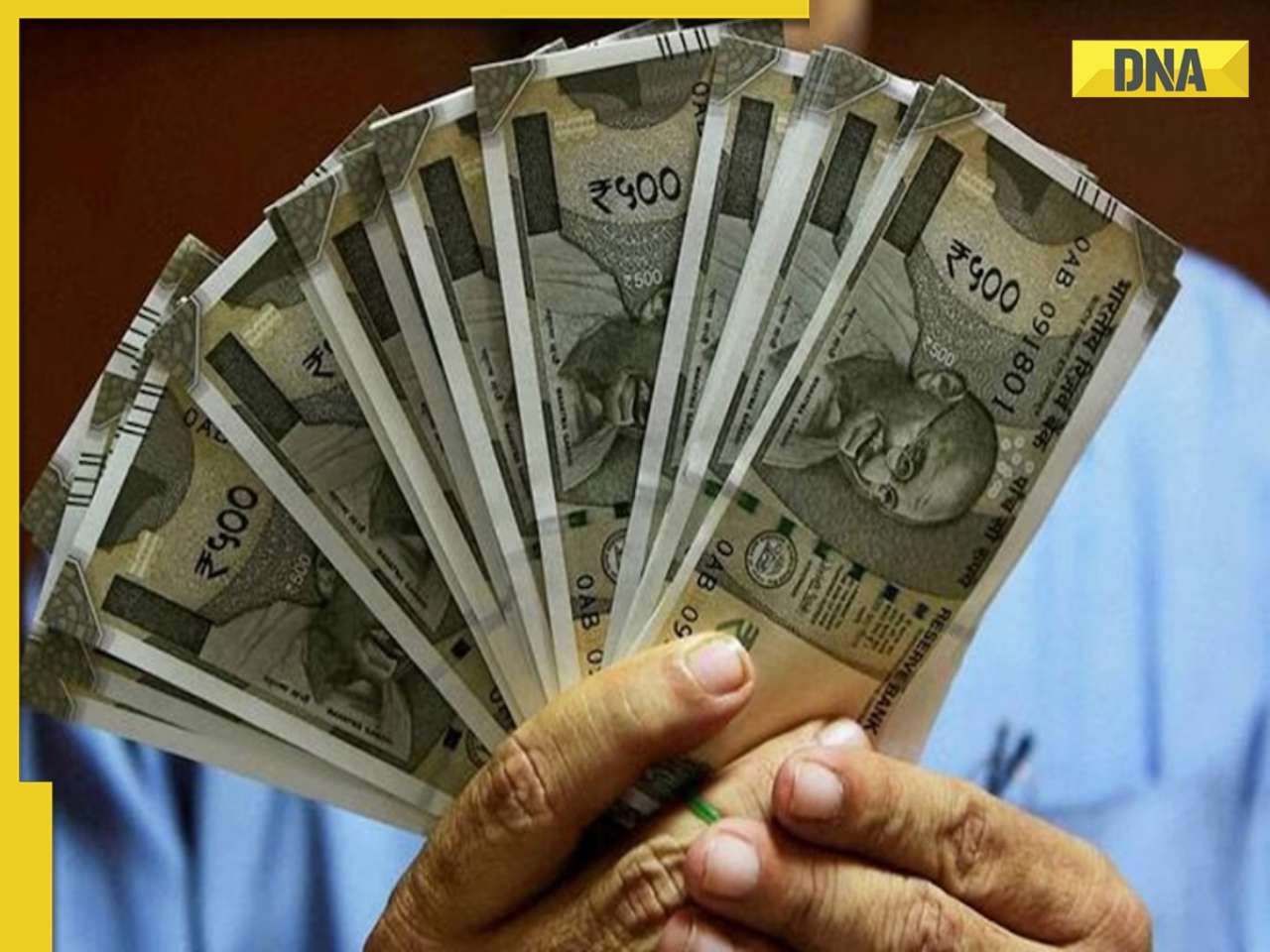
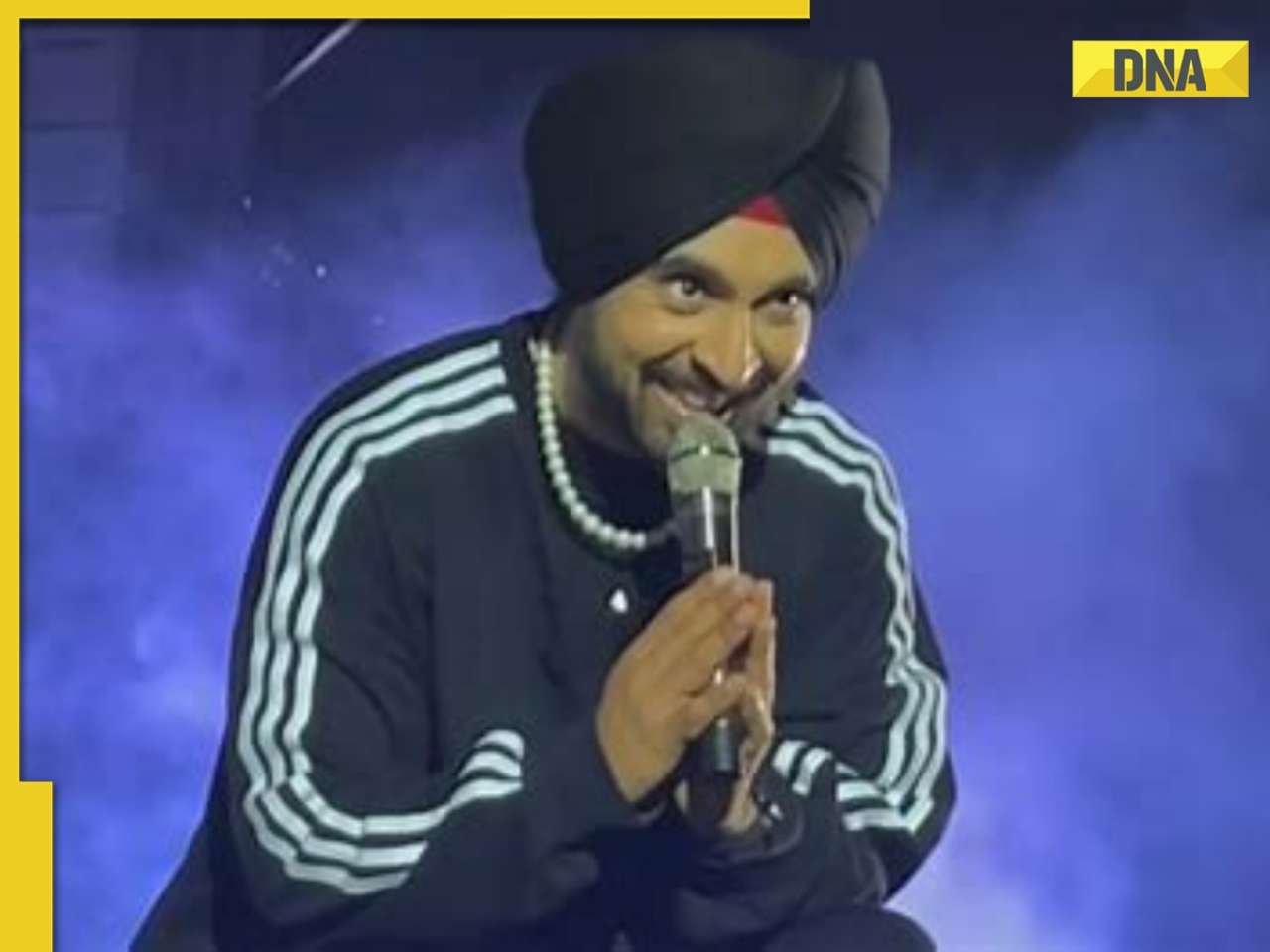
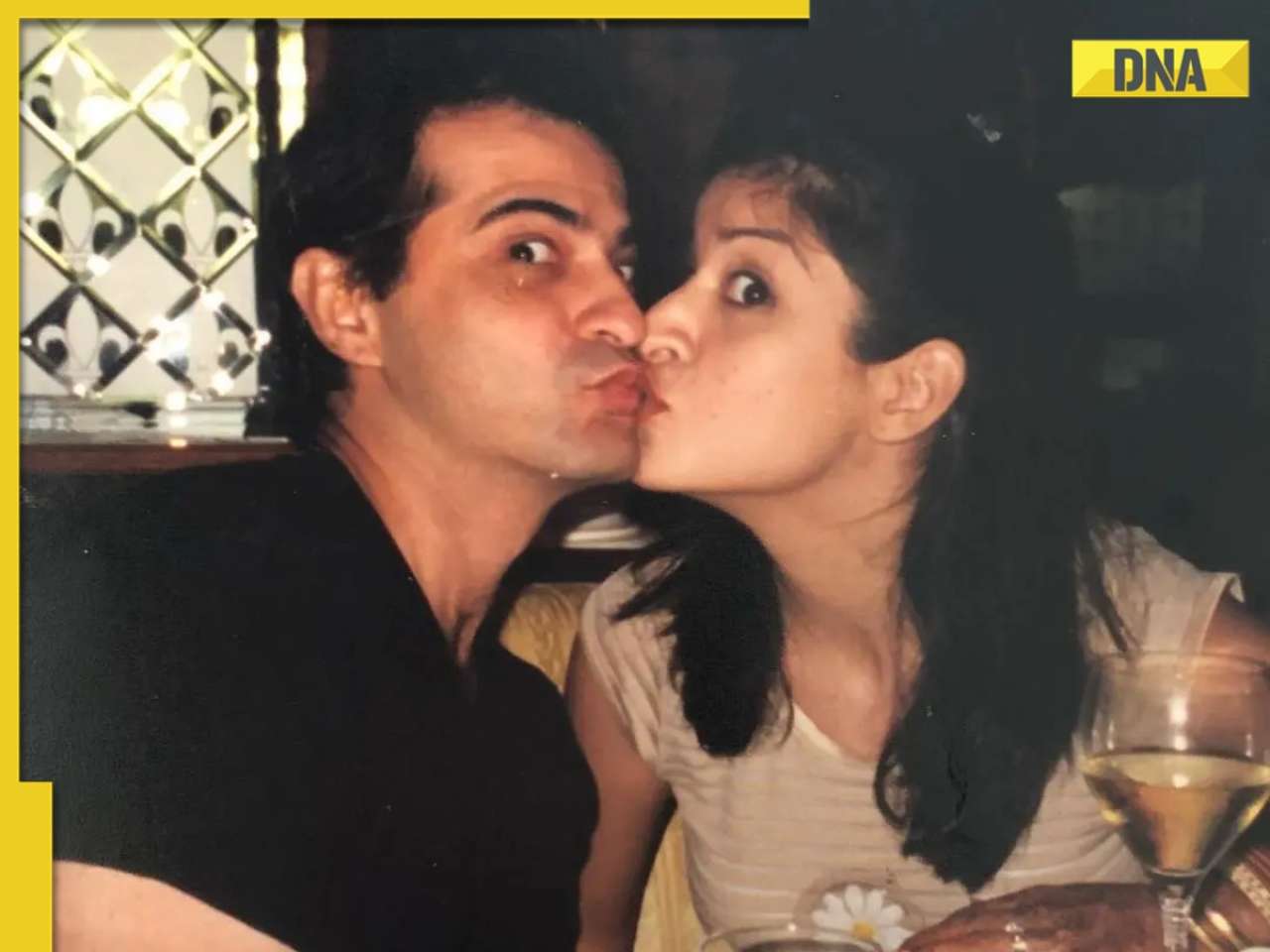




)





